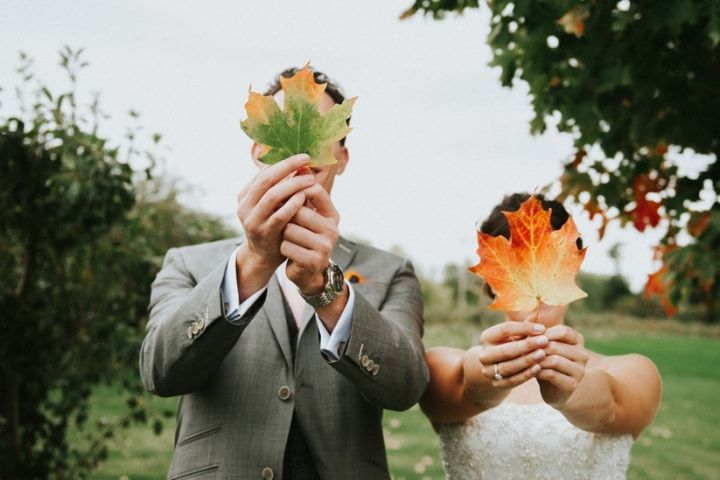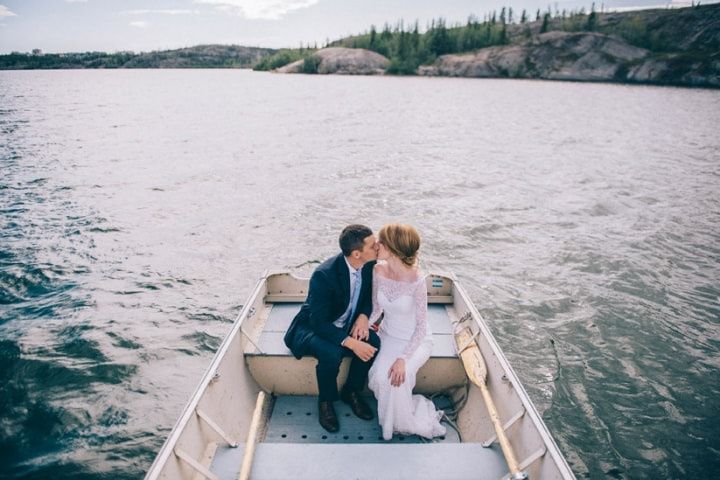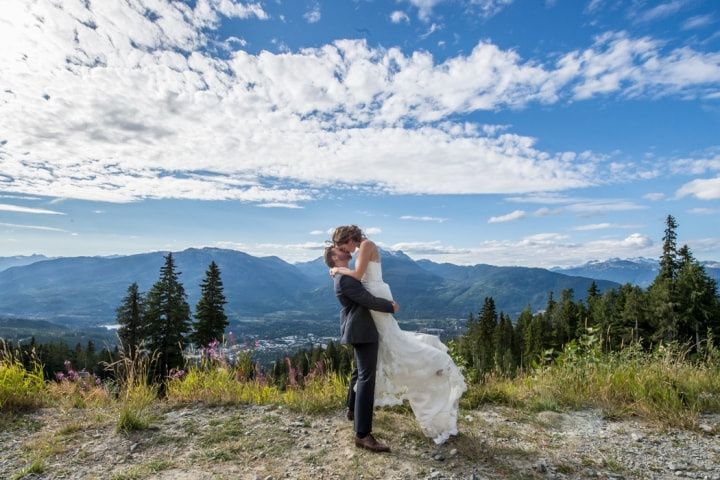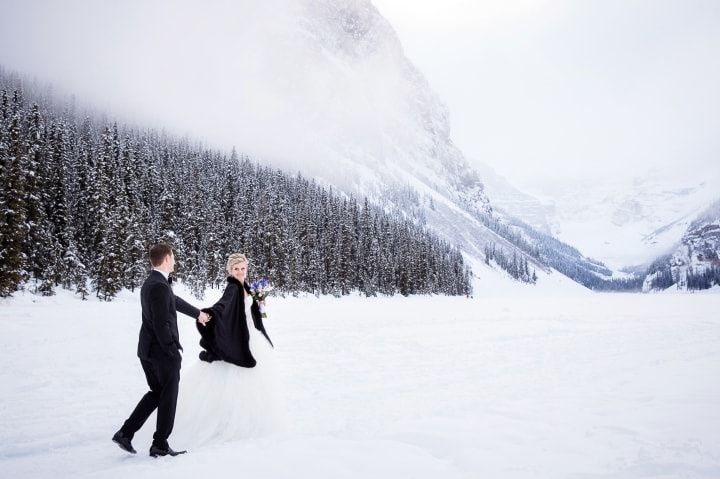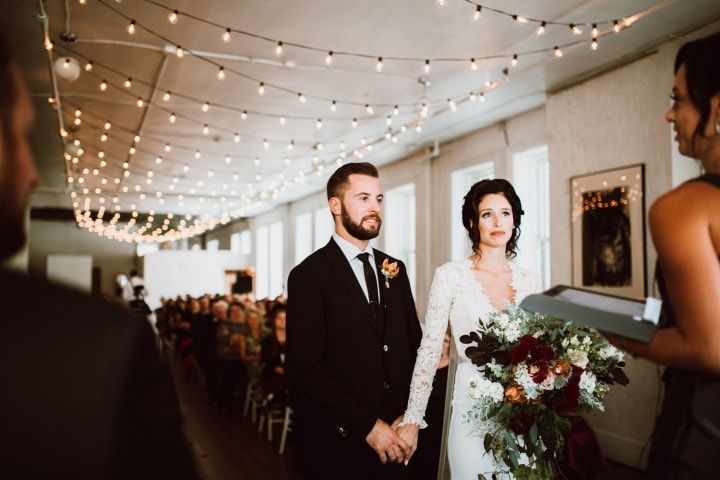How to Get Married in Quebec
Prepping to tie the knot in la belle province? Here’s what you need to know to make your union legal.
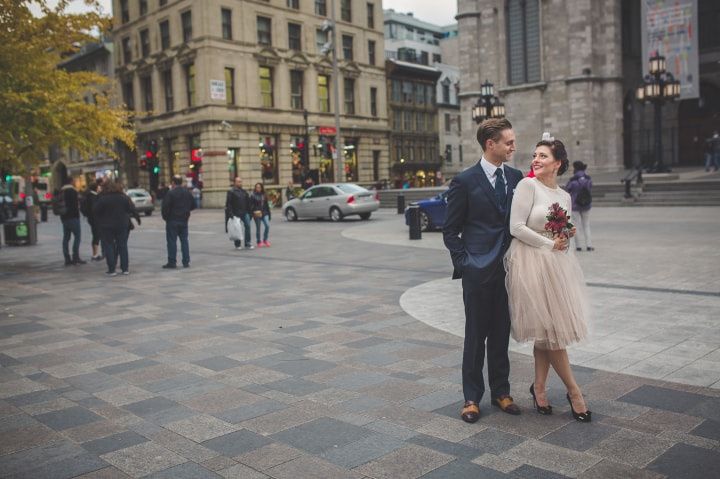
There’s much to do as you plan your wedding: find a caterer, choose a florist, shop for a gorgeous gown, get the marriage license... Oops! Scratch that last one. You might think that having to acquire a marriage license is a given, as essential to getting married as saying your wedding vows at the ceremony. But in Quebec, marriage licenses aren’t a thing. Instead, there’s something akin to the old-fashioned practice of publishing banns. Read on to find out what’s involved.
There are two kinds of legal relationships for couples in the province of Quebec, marriage and civil union. What’s the difference, you ask? Well, not much. The latter was introduced in 2002 as an option for same-sex couples before marriage became legal for them in 2005, and then it just stuck around. If the word “marriage” scares you and you go for a “civil union,” be aware that although it is essentially the same as marriage, it may not be recognized as such beyond Quebec’s borders, which could cause problems down the road. For the purposes of this article, we’re going to assume you’re choosing marriage.
These are the steps you need to take to get married in Quebec:
1. Choose an officiant to conduct your ceremony
This is key, because the person you choose bears the responsibility for making sure the legal requirements are met. If you are going to get married in your place of worship, the choice is probably obvious. For a civil marriage, there are various public officials who can do the job. You can even choose to be married by some other person who’s special to you, who must apply for authorization from the Minister of Justice at least three months before the ceremony. Pro tip: to ensure your chosen person is indeed legally authorized to celebrate the marriage in Quebec, you can search this register of officiants.
2. Be prepared to prove your eligibility to marry
To be eligible to marry, you must be of legal age (if you’re 16 or 17, you need the court’s approval; if you’re 18, it’s all good). You must be single, so if you’ve been married before, you’ll need documentation to prove that you’re divorced or widowed. You can’t be closely related (uh, duh!) and you must be freely willing and able to make the decision to marry. It’s your officiant’s job to confirm all of this.
3. Choose an appropriate venue for the ceremony
Off-the-wall locations may be trendy, but they’re not allowed in Quebec. So if your dream ceremony involves, say, paddling canoes out to the middle of a lake to say your wedding vows, you’ll have to think again. The place of marriage must be open to the public and in keeping with the solemn nature of the ceremony. (Of course, you could always get legally married at the courthouse and then stage another “fake” ceremony if you must live out some long-dreamed-of unusual scenario.)
4. Choose the time and language for the ceremony
A marriage at the courthouse must take place between 9:00 am and 4:30 pm during normal hours (i.e. not on Sundays or holidays). If you are getting married in another location, the ceremony can take place between 9:00 am and 10:00 pm on the day of your choice and as agreed to with your officiant, except if a clerk or a deputy clerk marries you, in which case you must follow the same schedule as if you married at the courthouse. The officiant must marry you in French or English. If one of you does not understand either language, you will have to hire an interpreter. Bonus: read our article on planning a bilingual wedding.
Next steps...
Now your officiant can post the Notice of Marriage. This must be published on the website of the Directeur de l'état civil up 20 days before the ceremony. In principle, this gives anyone who opposes the marriage (for good reason) a chance to speak up.
And finally, your big day arrives. Immediately after the ceremony, the officiant gets you and your witnesses to sign the Declaration of Marriage and sends it off to the Directeur de l'état civil. Once it has been entered in the register of civil status, you can apply to obtain a copy if you need or want one.
Pour des renseignements en français, cliquez ici.
Getting married in Quebec? Check out the Quebec Wedding Guide on WeddingWire »

